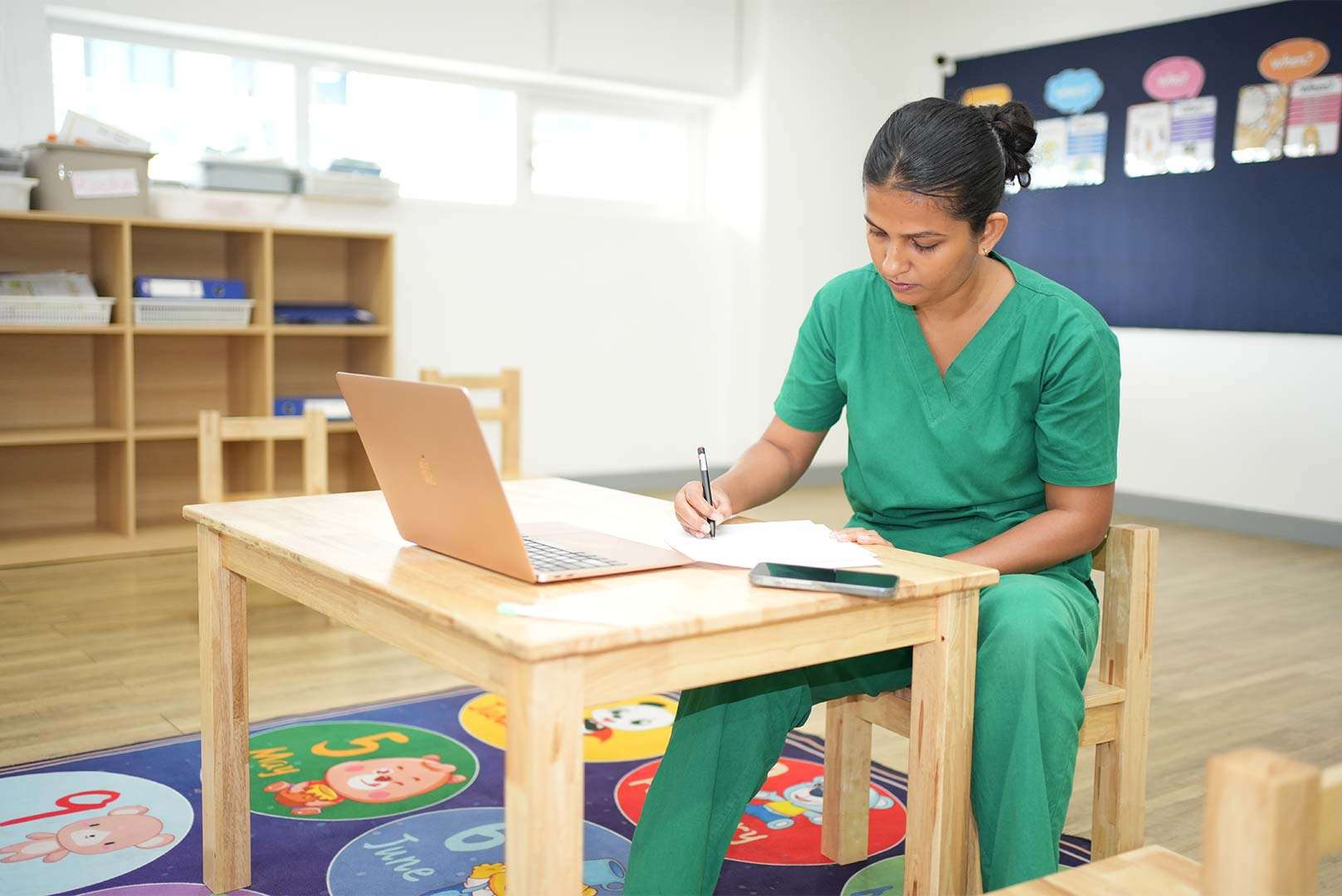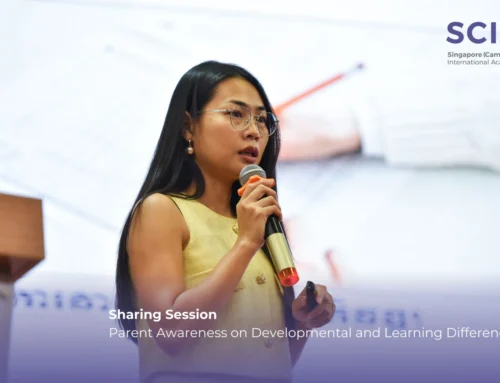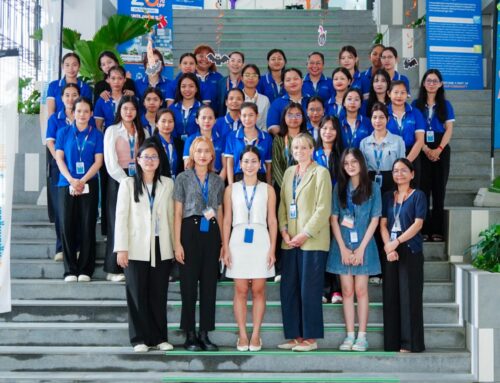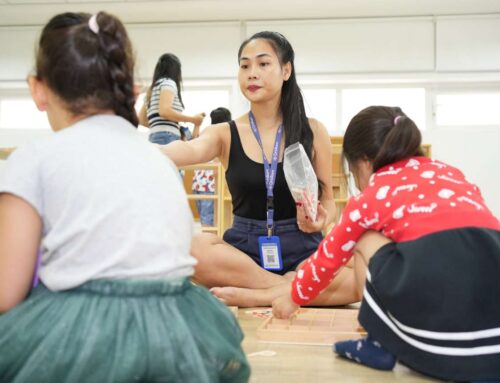As Cambodia strengthens its focus on inclusive and special education, access to speech therapy in Phnom Penh has become increasingly important. Children with speech delays, language disorders, and communication challenges need more than well-meaning support—they need professional, evidence-based intervention. One example of this professional standard is the work of Rasika Haggepola Arachchi, a Speech and Language Therapist whose international training and clinical expertise demonstrate the level of quality Cambodia now requires.
Why Professional Training Matters
In Cambodia, families are often unsure where to turn when their child struggles with communication. Some may rely on informal tutoring, while others delay intervention until problems become more visible in school. However, research shows that early and structured therapy leads to the best outcomes. Qualified therapists like Rasika bring academic knowledge and practical skills that ensure therapy is not trial and error, but instead guided by evidence and clear goals.
Her background includes a BSc in Speech and Hearing Sciences with First Class Honors, specialized training in Gestalt Language Processing, the SCERTS® model for autism, and AAC (Augmentative and Alternative Communication) strategies. These methods are already recognized internationally as best practice—and bringing them into Cambodia bridges the gap between global standards and local needs.
For families new to the field, here is a helpful resource on what is speech therapy and why professional qualifications make a difference.
Addressing Cambodia’s Growing Needs
Phnom Penh is home to an increasingly diverse student population—local children, bilingual learners, and international school students. Many experience challenges such as speech delays, stuttering, or difficulty with social communication. In addition, autism spectrum disorder (ASD) and ADHD are being identified more frequently as awareness grows among parents and educators.
Professional speech therapists help address these needs by:
-
Assessing developmental milestones and identifying delays.
-
Supporting children with autism in building communication strategies.
-
Helping school-aged children improve reading, writing, and classroom participation.
-
Providing therapy for adults recovering from stroke or brain injury.
To understand how delays are recognized and supported, see developmental assessment guide.
Building Capacity in Cambodia
The presence of highly trained professionals like Rasika highlights the growing capacity for special needs education in Cambodia. Until recently, many families sought services abroad. Now, Phnom Penh is becoming a regional hub for early intervention and therapy. This progress not only benefits children and families but also strengthens schools and teachers who need trained partners to support inclusion in the classroom.
For more insights into how teachers can adapt, read about inclusive education in Cambodia.
The Role of Collaboration
Quality speech therapy is never delivered in isolation. Therapists work closely with teachers, occupational therapists, psychologists, and parents to create a consistent plan. Rasika’s experience in interdisciplinary teamwork ensures that therapy goals align with classroom strategies and home routines.
This collaboration helps reduce behavioral challenges, improve academic participation, and foster social skills—all critical outcomes for children in Cambodian schools. Parents can also explore the benefits of one-on-one teaching and how individualized attention changes learning.
Why It Matters for the Future of Education
Raising the quality of speech therapy in Cambodia is not just about helping individual families—it is about building an inclusive education system. As more qualified professionals join the field, schools gain the confidence to welcome children with diverse learning needs. This shift contributes to Cambodia’s long-term goal of educational equity, where every child—regardless of diagnosis or disability—can access the tools needed to succeed.
For families exploring next steps, understanding speech and language delay in children can be the first sign that professional help is needed.
Conclusion
The arrival of internationally trained professionals such as Rasika Haggepola Arachchi is a positive sign for Cambodia’s education sector. By applying evidence-based methods and emphasizing collaboration, she represents the new standard of care that parents, schools, and policymakers should expect.
As Cambodia continues to prioritize special education and inclusive learning, the role of qualified speech and language therapists will remain central. Building these services locally not only supports children today but also sets the foundation for a more inclusive tomorrow.







